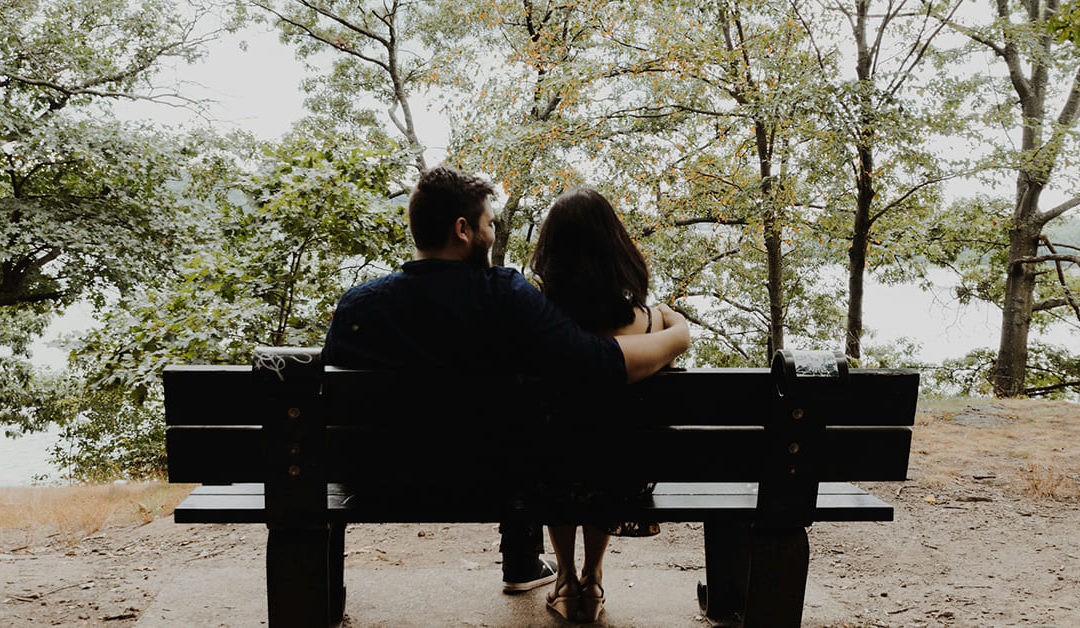In the past, it was considered a bit taboo to talk about feeling lonely, but it has become such a big problem across the world that it’s being talked about more and more. And that’s a good thing because part of the problem of loneliness is the fact that people feel alone in feeling lonely!
Loneliness affects a significant percentage of the global population across various age groups. It’s something I see a lot of in my work as a relationship coach. Despite living in a hyper-connected era, we find ourselves grappling with isolation, reminding us that loneliness isn’t about being alone, but about feeling alone.
Let’s look at some vital relationship skills that can help prevent loneliness, so stay tuned for my five incredibly helpful tips.
The roots of loneliness
The roots of loneliness can often trace back to our formative years, particularly for those who’ve experienced adversity or trauma in childhood. During our early years, we learn about relationships and connection primarily through our attachment to caregivers. When these attachment figures are inconsistent, neglectful or cause harm, it can lead to what’s known as ‘attachment wounds.’ These wounds can disrupt our ability to form secure and healthy relationships later in life, leading to patterns of isolation or emotional disconnection, and, of course, loneliness.
Understanding the influence of childhood experiences and attachment wounds helps us navigate our feelings of loneliness with more clarity and compassion. It illuminates why we might struggle to connect with others and can guide us toward seeking the best professional resources to help us overcome these struggles.
Before I share any of my recommendations for transforming loneliness, let me tell you a little bit about myself. I have a lifetime of experience in overcoming the challenges of my childhood. Once I had found my way to the right resources and had learnt to develop tools and techniques of my own, I never looked back.
An antidote to relationship problems
As with all of my learnings, I found that the antidote to all problems in relationships and in connecting with others starts first first and foremost by focusing inward, towards our relationship with ourselves. A nurturing and accepting relationship with oneself serves as a sturdy bedrock. This relationship involves acknowledging our feelings, offering self-compassion, and fostering self-love. Key to this is understanding and challenging our inner critic, the negative self-talk often echoing painful past experiences. By replacing this critical voice and becoming a better friend to ourselves with a more compassionate one, we can significantly reduce feelings of isolation.
Some key skills to enrich your connections
With a solid foundation of a good relationship with oneself, we can learn and practise vital relationship skills to combat loneliness. Here are some key skills to help enrich our connections:
- Active Listening: This goes beyond hearing words. It involves being fully present and empathetic to the person speaking, showing that their thoughts and emotions matter to you.
- Effective Communication: The ability to express your thoughts, feelings, and needs in a clear, respectful manner is paramount.
- Empathy: Empathy, or the capacity to understand and share another’s emotional state, strengthens our connections, making us feel less alone.
- Good Boundaries: It may seem counterintuitive, but establishing good boundaries is crucial for healthy connections. By setting clear boundaries, we can avoid becoming enmeshed or codependent, allowing us to engage in interdependent relationships that respect individuality while fostering closeness.
- Maintaining Your Individuality: While connections with others are vital, preserving your interests, hobbies, and personal time is equally important. It enriches self-growth and brings depth to your connections.
By honing these skills, we can build healthier, fulfilling relationships that alleviate loneliness and bring greater meaning and joy to our lives.
Loneliness need not define you
While loneliness is a common experience, it need not define us. By understanding our past and the areas we need to work on, together with fostering a nurturing relationship with ourselves and nurturing key relationship skills, we can replace feelings of isolation with a sense of belonging and connection.
If you’d like to learn more about these relationship skills, make sure you visit my blog often or subscribe to my Youtube channel. I have lots more blogs and videos I’m working on at the moment, sharing my advice, tools and tips on developing relationship skills that help you connect with others. Here is a link to one of my most recent blogs so you can dive straight into learning more about these skills.
That’s all for today. I love sharing my tools, tips and guidance with you and supporting you on your journey to thriving relationships. Stay tuned for more insights on managing emotions and building healthier relationships. Remember, you’re not alone in this journey, and together, we can navigate towards a more connected, fulfilling life.
Until next time, take care and lots of love to you!



